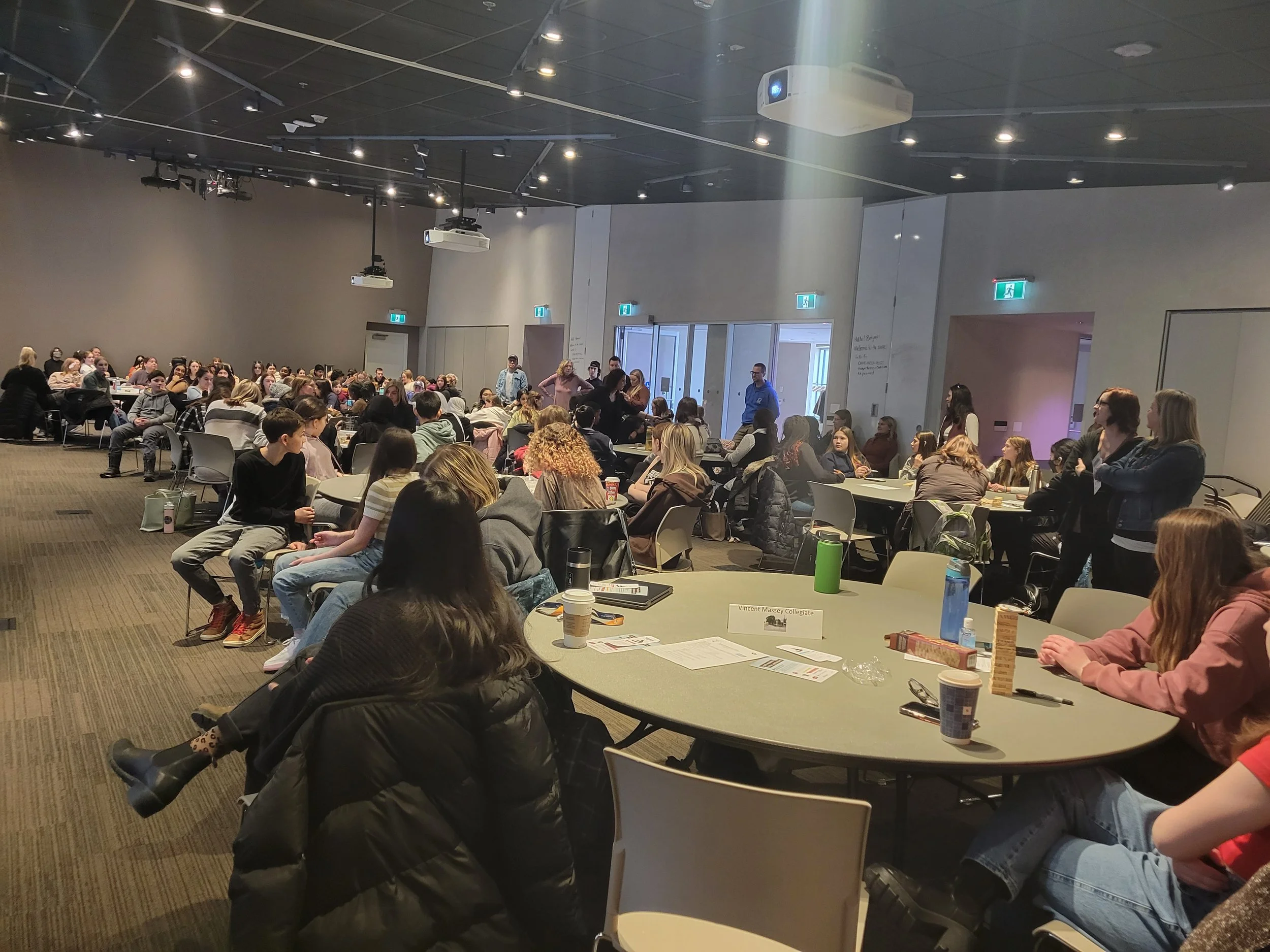
Frequently asked questions.
We welcome students, artists, researchers, and community partners interested in exploring possibilities for collaboration.
-
The Story Grounds is a creative research lab led by Dr. Michelle Lam, based at Brandon University. Our research centres storytelling, arts-based methods, and ethical collaboration, especially around Indigenous-settler research and community-based research in rural places.
-
Stories don’t just float around in space. They are rooted in specific places, land, memories, and relationships. So stories are ‘grounded.’ We are a space where stories can take root and grow through care and kindness. The plural “grounds” is to honour the many different voices, worldviews, places, and histories that shape our stories.
-
We occasionally hire undergraduate and graduate research assistants, and Dr. Lam supervises graduate students whose research aligns with our themes. Visit our Opportunities Page for current openings and instructions on how to express interest. You can also subscribe to our newsletter to hear about opportunities as they arise.
-
It depends on the project. Students might help conduct a literature review, check a transcription, participate in collaborative research, write, organize events, or undertake other tasks. We aim to match responsibilities with students' interests and learning goals.
-
No, you don’t. We value interdisciplinary approaches. If you’re drawn to storytelling, relational research, and working with communities in good ways, you may be a good fit regardless of your background.
-
We love hearing new ideas! Please visit the Contact page and share a short description of your idea, your connection to it, and how you imagine working together.
-
Yes. A lot of our work involves partnerships with Indigenous Peoples. As a non-Indigenous researcher, Dr. Lam approaches this work with humility and a deep commitment to ethical, relational practice. We follow community-led protocols and do not extract or own the stories of others.
-
It depends on the project’s goals, scope, timeline, and fit. If you're a community organization or group seeking technical or artistic collaboration, please reach out through our Opportunities or Contact page with details.
-
Yes, when the owner of the film or artwork has given permission for us to share it. Visit the Projects page for descriptions and links to films or research outputs (when available). Some projects may be password-protected or accessible only through community partners, based on consent agreements.
-
Yes! We offer screenings, guest talks, and storytelling workshops. Subscribe to our newsletter to hear of events coming up, or Contact Us if you’d like us to work together to arrange something in your location.
-
Holding space for stories and supporting people in telling their stories means following the direction of cultural protocols, ethical relationality, and care. Our community members, partners, and storytellers are involved in decision-making, authorship, ownership, and control. We don’t collect stories or extract stories. We think of stories as a process of building relations, not as a product.
